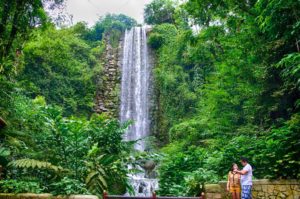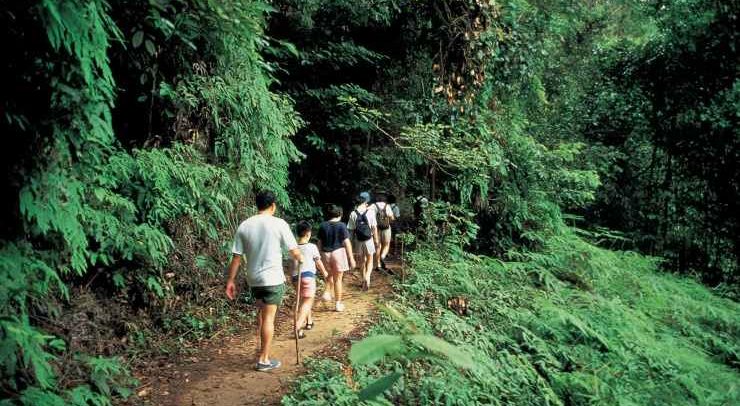National parks and Nature Reserves do help us in conserving the natural world and benefit us all in many ways. Researchers at the University of Oregon set out to determine just that, finding that living close or visiting to protected lands — national parks, nature reserves, wilderness areas — had a positive impact on health.  Nowadays people are extremely health conscious and so there’s lots of talk about the importance of healthy diet, exercise, and work-life balance to maintain well-being, but no one is emphasizing on the value of living close to Nature. The research determined that those who are living near a protected area get the benefit from long-term conservation and this again gives a two-fold advantage when the nearby protected area is of multi-use, meaning residents can access and take the gift of the area’s natural resources.
Nowadays people are extremely health conscious and so there’s lots of talk about the importance of healthy diet, exercise, and work-life balance to maintain well-being, but no one is emphasizing on the value of living close to Nature. The research determined that those who are living near a protected area get the benefit from long-term conservation and this again gives a two-fold advantage when the nearby protected area is of multi-use, meaning residents can access and take the gift of the area’s natural resources.
Having access to a protected area is essential. According to Drew Gerkey, environmental anthropologist at Oregon State University, “People encounter a lot of the positive impacts on their health and wealth, while residing in or nearby a multiple-use areas. Its relaxed boundaries allow local people to access resources but doesn’t impinge on the larger goal of conservation.”
Additionally, protected areas with tourism components — like a national park — had 17 percent wealthier as compared to similar households that were far from Nature reserves. As per reports, many of the positive impacts of protected areas in this study were found in protected areas with established tourism.
The study’s findings add to the ongoing conversation around the impact of protected areas on both nature conservation and nearby human populations.

